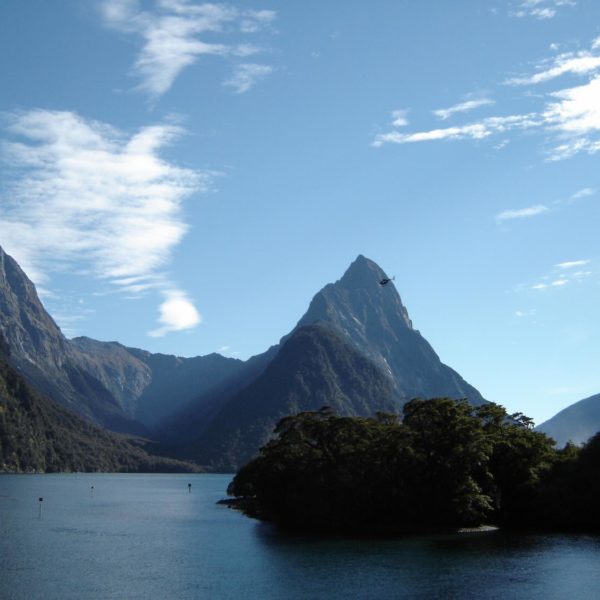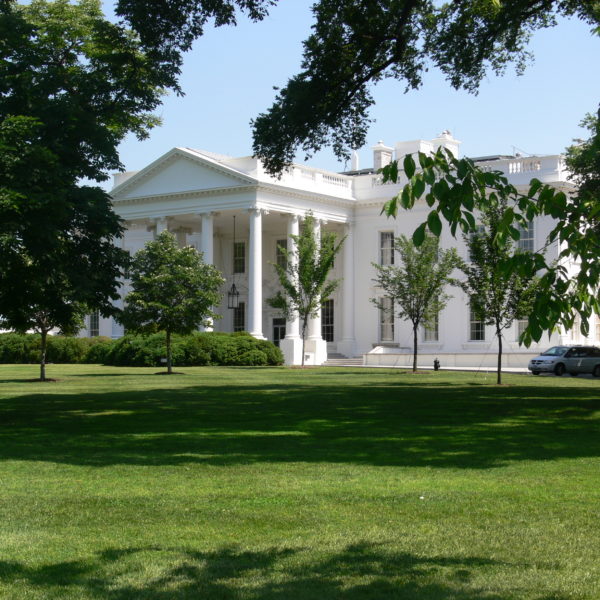
For nearly two decades, Wesley Theological Seminary has sponsored the National Capital Semester for Seminarians (NCSS), a program which immerses students from Wesley and other seminaries around the country in the politics and policymaking of Washington and the ways people of faith intersect in those spaces. When Dr. Shaun Casey, the long time coordinator of the program, left to join the faith outreach office at the U.S. Department of State upon request of Secretary of State John Kerry, I stepped in to help direct the program.
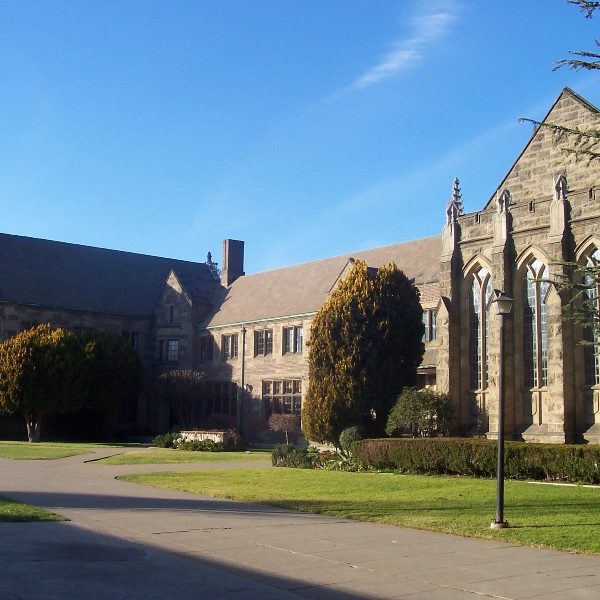
My interest in teaching a course on Political Theology came from my research on Simone Weil. I wanted to understand how the area of political theology could help me interpret Weil’s oeuvre, which often focuses on the intersection of politics and religion. To that end I decided to teach a course in the Fall of 2011 that would explore the historic development of the concept “political theology.” The course would consider how the western tradition has “thought” the intersection of politics/theology.
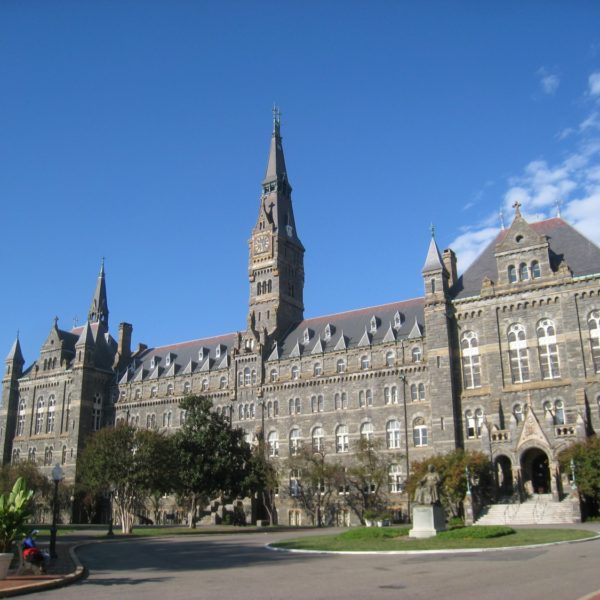
…I still seek to introduce the students, now grads, to the range of political formulations in Islam, but in contrast to the undergraduate version of the course, we also look to political theology as a method for thinking about politics. Why? And How? After all, political theology is really a product of the Christian West. Does it have applicability in other contexts?
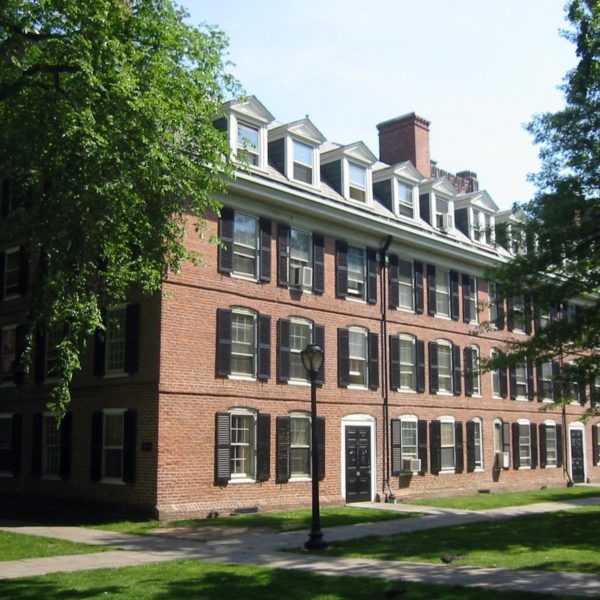
This course was conceived as a way to introduce undergraduates to the conversation about religion and politics in Western tradition. I wanted to give them a broad historical overview, with in-depth selections or snapshots to get at ways the relation between religious and political spheres has been conceived in different historical moments.
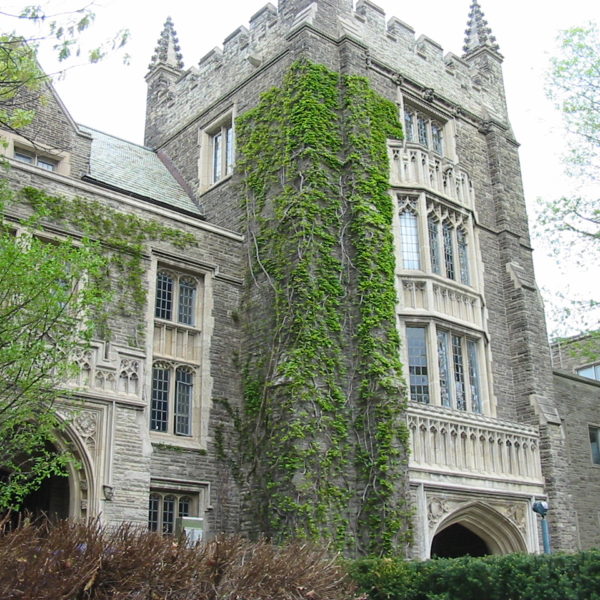
In the academic setting of Religious Studies, developing curricular spaces in which to thematize the relationship of religion and politics is a highly effective way both to engage undergraduate students, and to tap into and develop the research interests of graduate students. Over the past several years, I have developed courses at both levels in this area.
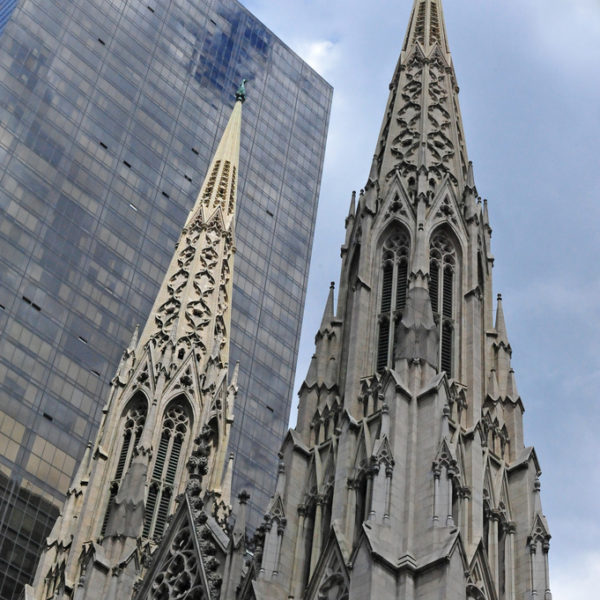
This may seem an odd pairing – Secularism and Political Theology – but in a way that I can’t quite articulate, they still seem to go well together, beyond being two important recent topics that weren’t yet covered by the course offerings in my department.
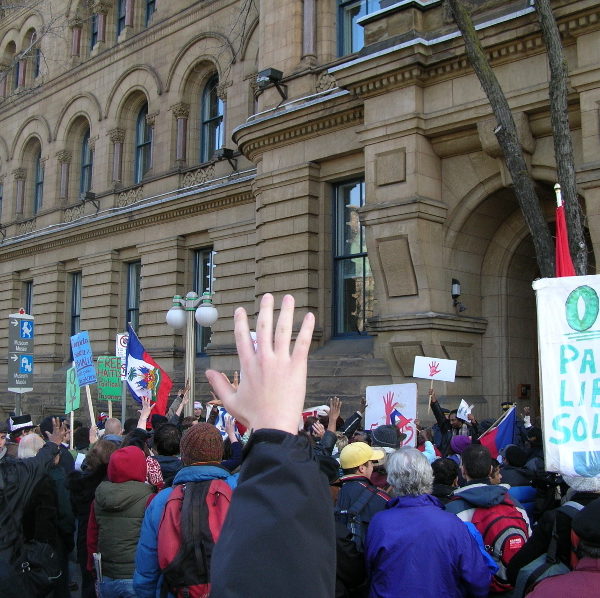
. . . As you can tell from the course description, I even started the course by asking, in effect, “Why are people using this term?” I’m still not sure that I know the answer to that question almost five years later. In teaching the course, the question of the academic worth of the material was at the forefront of discussions during the entire semester. “What was wrong with liberalism again?” was a question that, sometime around week six, took on full zombie status: it would just not die.
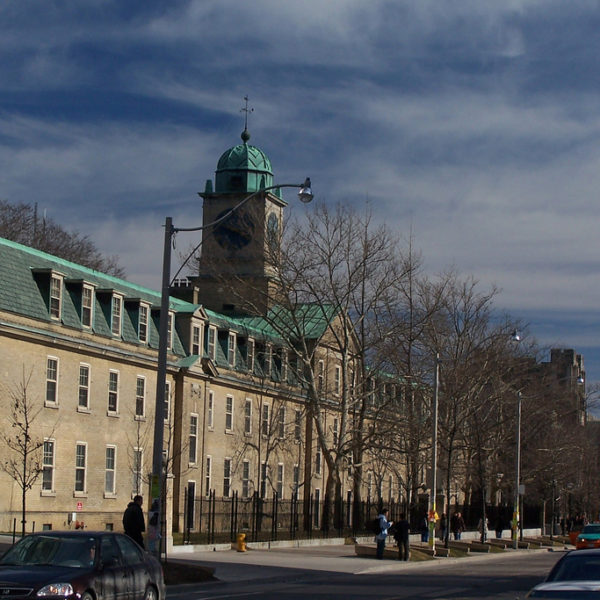
I first taught this graduate seminar in 2008 as a “Topics in Political Thought” course, and called it “Political Theologies” – a political theory seminar, cross-listed with Study of Religion. Part of the motivation for teaching it was finding a set of themes and readings that would work well in a cross disciplinary way, as I’m jointly appointed to both Political Science and Study of Religion.
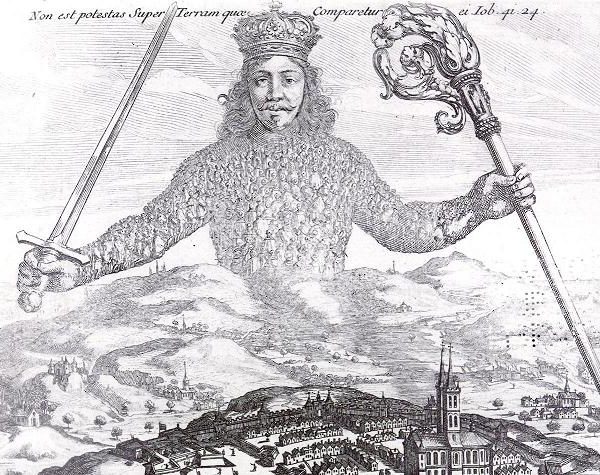
. . . We begin with a first dip into the conceptual issues (the issues of political form, legitimacy, cosmic analogy, acclamations, secularization) by reading the third chapter of Schmitt’s Political Theology. Then we move on to show that grounding “political form” (Schmitt) by embedding it into a cosmic structure has been an issue at least from the Hellenistic period (if not before).
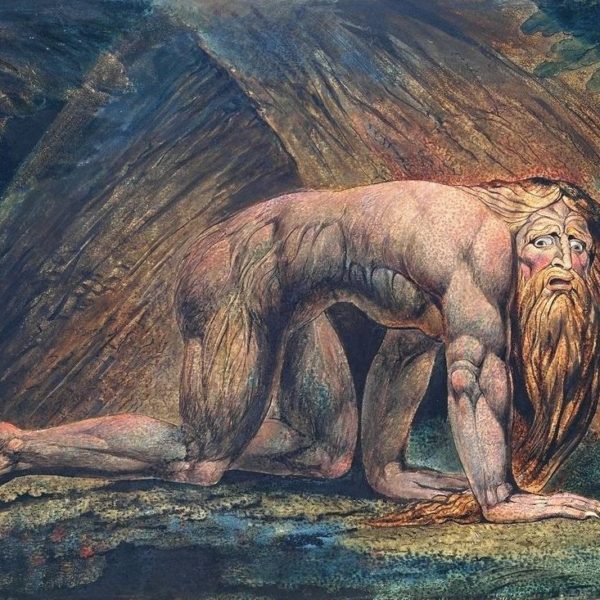
The first goal was to open up how students “read” a text, which in turn means opening up how they understand both “scripture” and religion. In that regard I consider myself a Blakean – I read the texts as poetry, most of all, but reified into “theology” and law by “priestly” types, so that, to experience those texts again we must go behind how catechisms have taught us to read them.
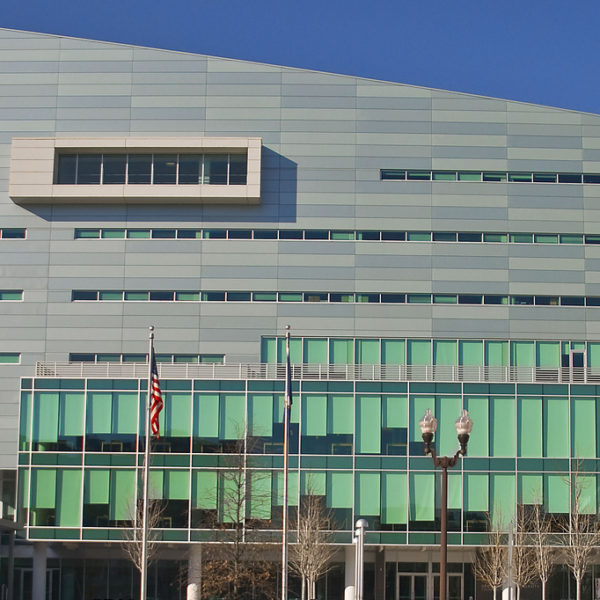
When I was asked to contribute syllabi on political theology I thought it would be a great chance to look back and reflect on how my thinking and teaching on the topic have evolved. I think of a course I am currently teaching under this rubric, even though its title and official description eschew all reference to theology, and some of the very first courses I taught were expressly geared toward the topic of political theology.
